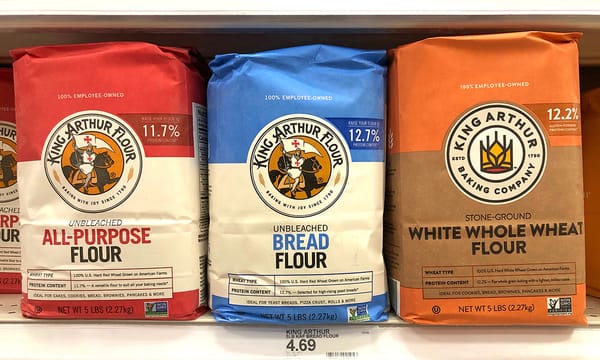Jeff Bezos explains how journalism works
Indignity Vol. 4, No. 188

THE WORST THING WE READ™
Newspapering Dies in a Fog
"OUR PROFESSION," JEFF Bezos wrote in the Washington Post, "is now the least trusted of all." Whose profession? The online-shopping/logistics/data-mining/cloud-computing mogul was using the first-person plural the way George Steinbrenner did when he said, of the 2002 New York Yankees, "We won 103 games during the regular season." David Wells won 19 games; Mike Mussina won 18 games; the 72-year-old man who signed their paychecks matched his own career high with zero wins.
Bezos was offering, in the opinion section of the newspaper that he owns, an account of why the Post had not published an endorsement of Kamala Harris in the presidential race. He was trying to duck into the collective identity of the paper—of the entire journalism profession—as a tactical move, to obfuscate the straightforward facts that the professional journalists who work for the Washington Post had decided to endorse Harris and had written an endorsement of Harris, and that Jeff Bezos had individually and singularly forbidden them to publish that endorsement.
Bezos' piece was the second official statement about why the paper was not endorsing Harris. The first one, from publisher Will Lewis on Friday, had announced the non-endorsement by declaring that the Post was "returning to our roots of not endorsing presidential candidates." Here, too, was the institutional plural—delivered in this case by Lewis, a former fixer for Rupert Murdoch, who'd been at the Post for all of 10 months, and who'd previously distinguished himself by forcing out editor Sally Buzbee and abortively trying to replace her with a disqualifyingly scandal-tainted Fleet Street friend of his.
Lewis wrote that the paper was demonstrating the spirit of "respect for human freedom in all its aspects" by refraining from recommending Harris over Trump. "We," he continued, "also see it as a statement in support of our readers’ ability to make up their own minds on this, the most consequential of American decisions."
Inspired by that note, as of today, 250,000 Post customers—"approximately 10 percent of all paid circulation," NPR's David Folkenflik reported—had made up their own minds to cancel their subscriptions. [Disclosure: I started canceling my subscription on Friday; the Post offered me a $60 rebate on my $120 payment if I didn't; I'm waiting for the money to show up before I go back and finish canceling.]





